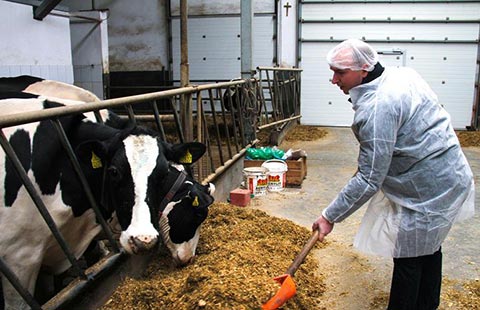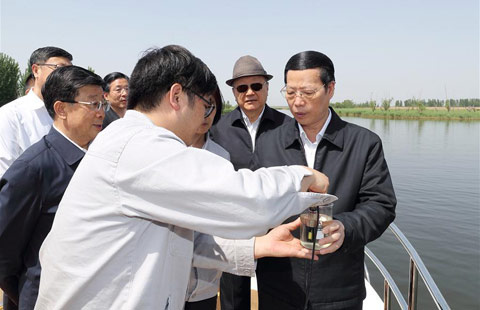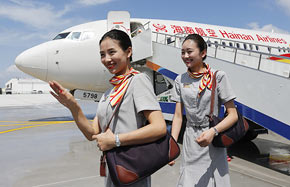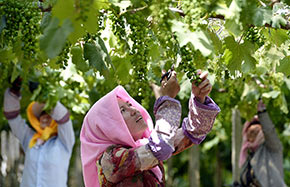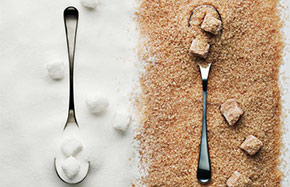Ministry hails FTA with Switzerland
By Li Jiabao (China Daily) Updated: 2013-05-28 06:52services on watches in China and set up schools for watch training, which will strengthen the productivity and competitiveness of China's watch-making industry, Yu said.
Meanwhile, China will allow 84 percent of Swiss exports to China to be duty-free, and 67 percent will be implemented after the FTA ratification, according to Yu.
"As for watches from Switzerland, the tariff will be reduced by 60 percent in the next 10 years and the reduction, starting from the agreement ratification, will be 18 percent in the first year and 5 percent annually in the following years," Yu said.
"But imported watches from Switzerland are still subject to import linkage tax, value added tax and consumption tax, which are not covered by the FTA. The price for Swiss watches in China will be lowered, but it is hard to say by how much."
The two nations also inked agreements on country-of-origin criterion to avoid any companies from each country not qualifying from the FTA, from taking advantage of it, according to Yu.
Both sides reached consensus on trade rules including those on intellectual property, competition, environmental issues, employment and government procurement.
Jacques De Watteville, the Swiss ambassador to China, told China Daily in a written interview: "The FTA agreement will bring significant improvements for both partners.
"The implementation of such an agreement will further boost our bilateral trade and investments. It constitutes a win-win situation for both countries, which have complementary economies.
"Asian countries which have concluded FTA with Switzerland have seen a substantial increase in export growth."
China has now established FTAs with 10 economies and is in advancing talks with six others, according to the Ministry of Commerce.
"An FTA with Norway is close to conclusion, and both sides are weighing the differences between Norway's request on some industries, and China's acceptance of those," Yu said.
- Tourism to Lithuania grows fast
- Report: Home market may further diverge
- Baosteel switches gears, lands big deal from COMAC
- This Chinese bird's a beauty
- CGN deepens ties with Kazakhstan
- Firm invites French, UK officials
- COSCO, Greek firm transform Piraeus port into 'shining star'
- Auto sales fail to rev up in April


